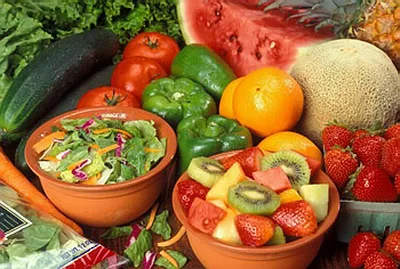The potential impact of 1-MCP on fresh-cut fruit and vegetables has been reported only in the last years.
A paper written by Peter Toivonen (2008) reports what the scientific research has found about the 1-MCP application and its effect on fresh-cut products quality in the hopes that new research can help to fill the gaps in understanding.

In fresh-cut processing systems, 1-MCP is applied in three different ways:
- treatment on freshly harvested produce before longer-term storage after which the product is processed;
- treatment on whole product just before processing;
- treatment on fresh-cut product immediately after processing.
There are many results in literature about the application of 1-MCP, but they are very variable in terms of its effects on shelf-life and quality decay of fresh-cut products. Some studies have shown that 1-MCP provides a benefit, others have shown no effect or a negative effect.
For this reason, currently, 1-MCP is used combined with other post-processing treatments, such as 1) dipping the fresh-cut products in solutions containing calcium (or ascorbate) and chlorine, the former to improve the fruit firmness and the latter to control microbial growth, 2) blending the 1-MCP with various simple carbohydrates and dehydrated yeasts, which are activated by the humidity generated by the fresh-cut product. This new technology combines 1-MCP with antimicrobial volatiles and high CO2 , it has been developed to control quality loss and microbial growth, but its commercial feasibility is being assessed.
Original study. Toivonen P.M.A., ‘Application of 1-Methylcyclopropene in Fresh-cut/Minimal Processing Systems’, HortScience, 2008, Issue No. 43(1), pagg.102-105. For more details: hortsci.ashspublications.org/content/43/1/102.full.pdf+html
